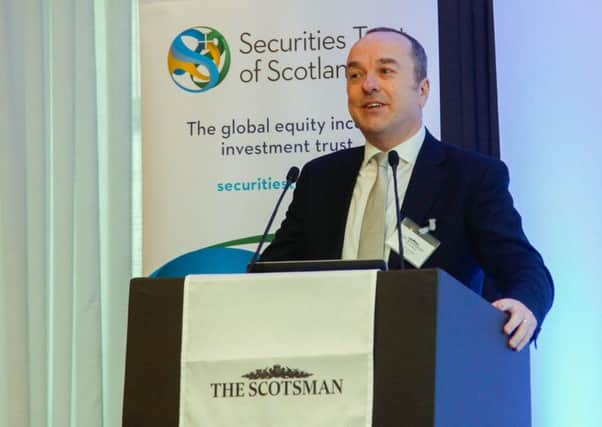Recovering prospect is sterling stuff


Soon after the referendum result in June 2016 – when sterling fell like an elephant with a ball and chain on its leg – there was a period when I’d hold off because I thought the exchange rate could possibly, maybe, should be, better next week.
That time of timid hope bled away when the pound slipped below €1.15 and camped out there for more than a year.
Advertisement
Hide AdAdvertisement
Hide AdBut recently, as I look forward to my Santorini sojourn in June, I’ve started to rethink my approach.
Sterling ticked up to €1.16 last week, pushing against a level that it has struggled to break through for years. Against the dollar, it got to $1.33, its highest point since June last year.
As radicals on both sides of the Brexit divide simultaneously fold in on themselves, investors sniff a compromise in Westminster.
About time too – spring’s approaching and another year of paying 20 per cent over the odds for everything Continental is too devastating to contemplate.
So as we barrel toward the Article 50 deadline of 31 March, it could be time for the long-undervalued pound to have a bit of a comeback.
The appetite for a no-deal crashout in the House of Commons seems very low indeed. The tone in Westminster seems to have subtly changed in the last few weeks. And it’s reverberating through sterling.
A plan and a pathway for Brexit would give businesses the assurances they need to go ahead with UK projects, so they would buy sterling to build warehouses and employ more staff and that buying would send the pound higher. That will be double-edged: a stronger pound means Brits’ wages will go further, boosting retail spending and in doing so the largest part of the economy. But it will depress the value of foreign earnings and therefore the business of exporters who compete on price.
It will also, in the fullness of time, hurt the share prices of FTSE 100 giants who make most of their cash offshore.
Advertisement
Hide AdAdvertisement
Hide AdBut a stronger pound will be good for the economy overall. It will also be great news for anyone who enjoys a little Continental sunshine.
David Coombs is Multi-Asset Portfolio Funds Manager at Rathbones